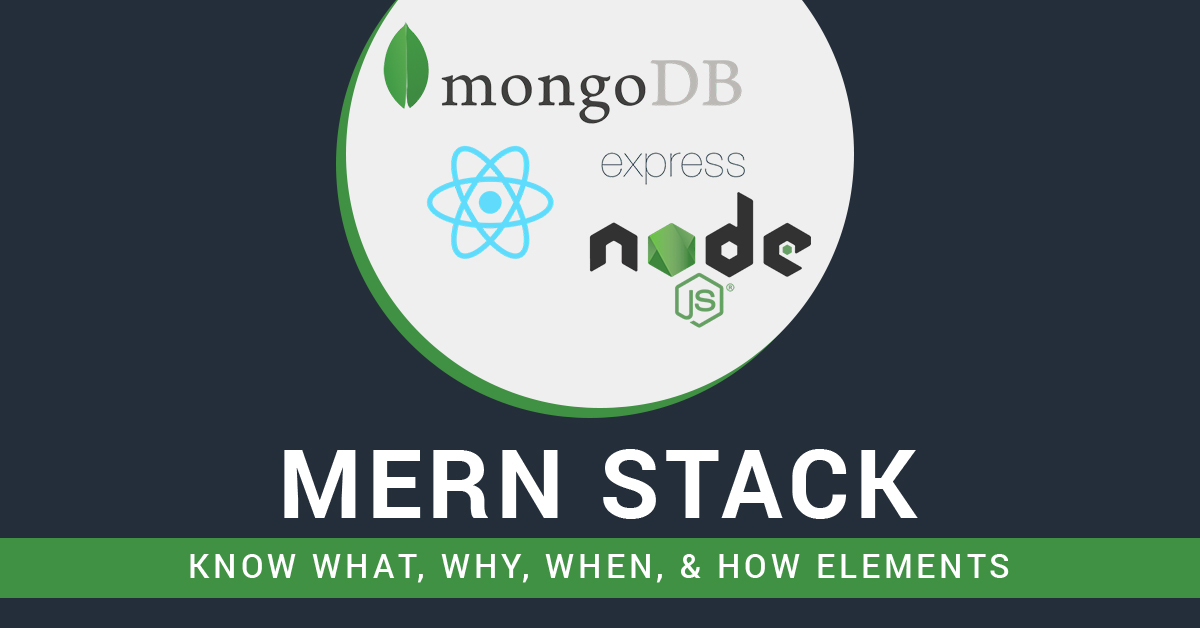Cloud software is needed in today’s fast-paced corporate sector. Software hosted in the cloud has several advantages that simplify corporate management and streamline procedures. This piece discusses five positive outcomes of using cloud software in corporate settings.
Why Businesses Use Cloud-Based Applications
The ability to store and access data on the cloud has made tools like Dropbox and Google Docs indispensable for businesses of all sizes. Software hosted on the cloud will remain an integral part of a company’s success as it develops and adapts to new markets.
The Capacity to Scale and Adapt
Compared to on-premises solutions, the scalability and adaptability of cloud-based software are far higher. Very useful for firms that have seasonal demand swings or fast expansion that necessitates swiftly adding more users or resources.
Savings
Enterprises use cloud software because it saves money. Most cloud software is subscription-based, saving companies money. Cloud updates and upkeep save companies money.
Utilize Modern Capabilities
On-premises software sometimes lacks cloud-based features and capabilities. Cloud-hosted software may offer AI-powered analytics, collaboration, and interoperability. This allows companies to use cutting-edge technology without investing in IT infrastructure or staff.
5 Benefits of Implementing Cloud Software in Business Operations
Accessibility
Another important advantage of cloud-based apps is the simplicity with which they may be accessed by users. As cloud applications are stored and served from remote servers, users may gain access to them from any location with an internet connection. It facilitates cooperation amongst dispersed teams, whether they consist of staff or customers. In addition, all parties involved may always see the most recent data since cloud software supports real-time changes.
Cost-Effective
Businesses may save money by using cloud-based software. To use conventional software, firms must buy licenses for each machine, which may require effort and time. By subscribing to a cloud software service, organizations may have access to the program through the Internet. This saves companies money and time by eliminating the requirement for expensive hardware and maintenance expenses.
Scalability
The scalability of cloud-based applications is another perk. There may be alterations to the required software features and functionality as firms develop. Without purchasing more gear or installing additional software, organizations may quickly increase or decrease their cloud-based services. Because of this, businesses can more easily adapt to shifting market conditions and keep their advantage.
Security
Business data stored in the cloud has a higher level of protection. Cloud service companies spend a lot of money on security to guarantee that their customer’s data is safe. In this context, “measures” refers to firewalls, encryption, and routine backups. Cloud software companies also have personnel standing by 24/7 to address any problems that may arise.
Integration
Last but not least, cloud programs are built to work along with many other programs. In other words, this makes it simple for companies to integrate their cloud software with customer relationship management and project management systems. In turn, this facilitates operational management and the standardization of company procedures.
Next-Generation Cloud-Based Applications
With constant improvements and innovations, cloud accounting software has a promising future. By integrating AI and ML into cloud applications, organizations will have a more streamlined means of automating processes and deriving insights from their data. Using blockchain technology may also enhance the safety and openness of cloud applications. The importance of cloud-based software for enterprises will only grow as the underlying technology improves.
The Synergy between Artificial Intelligence (AI) and Machine Learning
We may anticipate increased involvement of AI and ML in cloud applications as these technologies continue to develop. The use of machine learning algorithms to analyze data and give insights to organizations and the usage of AI-powered chatbots to provide customer service are examples of this trend.
Distributed Ledger System
Currently utilized in banking and supply chain management, blockchain technology may find value in cloud computing. By generating an immutable record of all transactions and interactions, blockchain technology can potentially increase the security and transparency of cloud computing services.
Better Cooperation and Coordination
There will be a greater requirement for compatibility across programs as more firms migrate to the cloud. To satisfy this need, cloud software vendors will need to work on increasing the interoperability of their offerings. This will let companies more easily integrate disparate systems. The result will be enhanced efficiency and streamlined processes for enterprises.
Conclusion
Companies of all sizes may benefit from cloud accounting software. Cloud software has several advantages that help firms adapt to the ever-changing market, including ease of use, low cost, scalability, security, and integration. Business operations may benefit from using cloud software in several ways, including increased efficiency, reduced expenses, and heightened security.
















